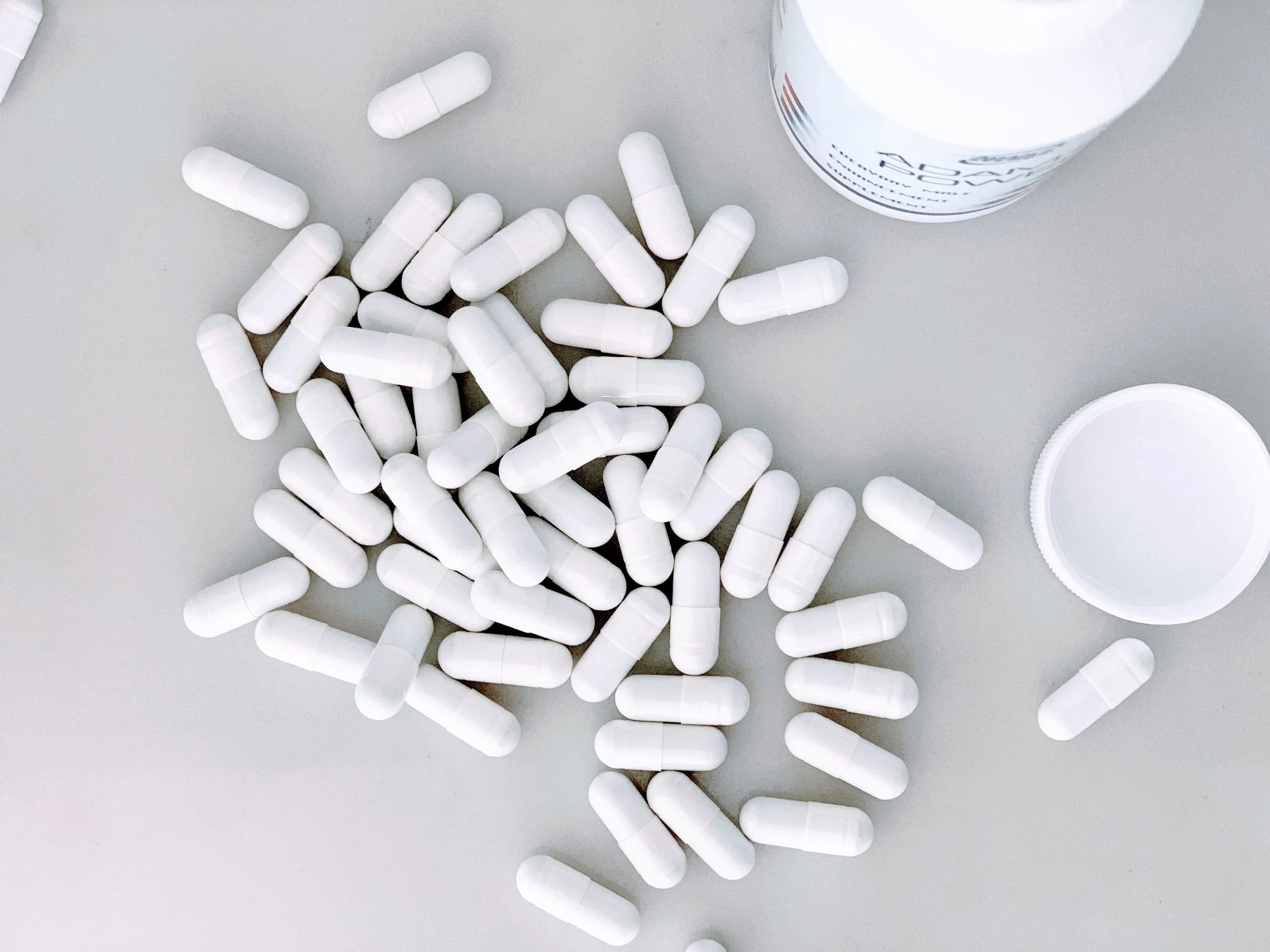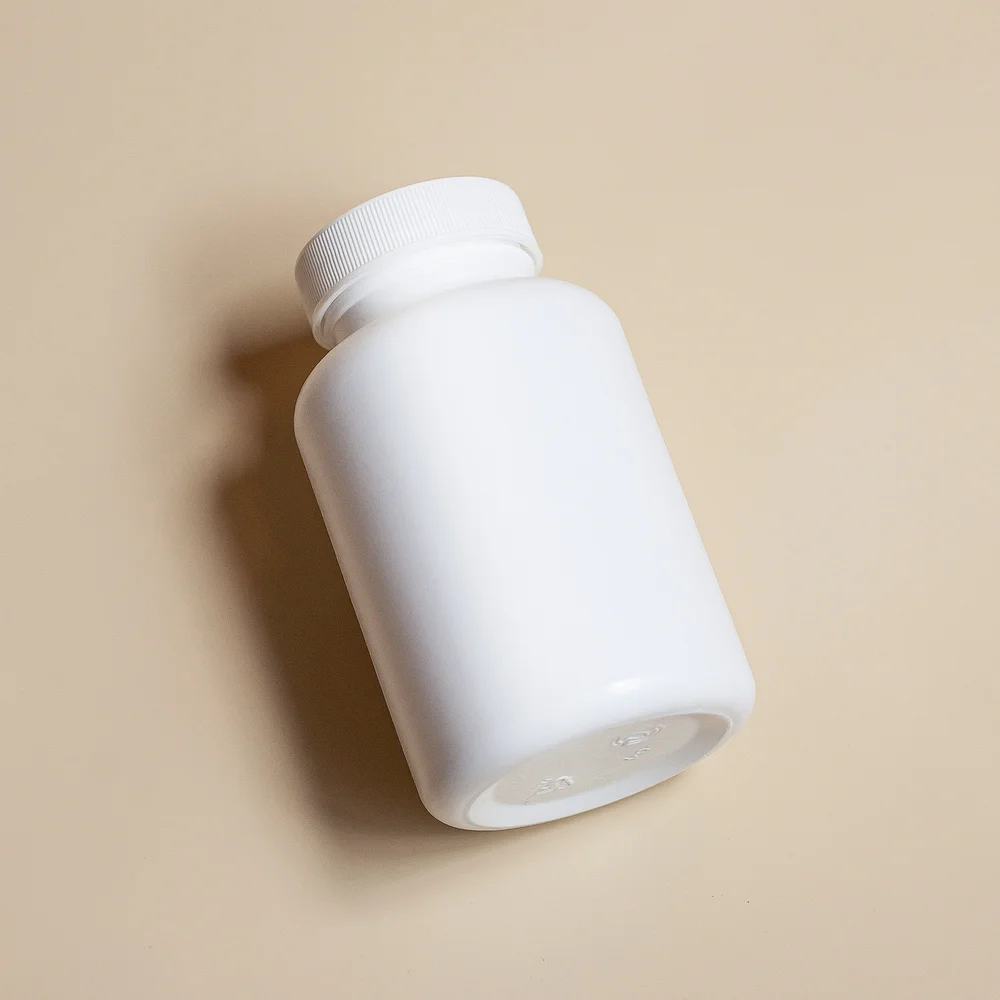Monolaurin Buying
Guide
Are you interested in purchasing a high-quality Monolaurin product? Monolaurin, a natural compound derived from coconut oil, has gained popularity for its potential health benefits. To ensure you make an informed choice, consider the following factors when selecting a Monolaurin product:
1. Ingredient Source
The source of Monolaurin can significantly impact its quality and effectiveness:
- Coconut Oil: Monolaurin derived from coconut oil is the most common and widely accepted source.
- Palm Kernel Oil: Some products may use palm kernel oil as a source, but consider its environmental impact and potential differences in fatty acid composition.
- Synthetic: Be cautious of synthetic Monolaurin, as it may lack the same natural benefits.
2. Form (Capsules or Pellets)
The form of Monolaurin can affect convenience and absorption:
- Capsules: Easy to dose, convenient for on-the-go, and offer precise measurements.
- Pellets or Powder: May allow for more flexible dosing but can be less convenient when traveling.
3. Weight and Size
Consider the following factors when evaluating weight and size options:
- Dosage: Determine your ideal daily dosage and select a product that aligns with your needs. 800mg per capsule is the largest option on the market today
- Serving Size: Check the serving size to calculate the number of servings per container.
4. Excipients (additives)
The source of Monolaurin can significantly impact its quality and effectiveness:
- Coconut Oil: Monolaurin derived from coconut oil is the most common and widely accepted source.
- Palm Kernel Oil: Some products may use palm kernel oil as a source, but consider its environmental impact and potential differences in fatty acid composition.
- Synthetic: Be cautious of synthetic Monolaurin, as it may lack the same natural benefits.

5. Manufacturing and Quality Control
Ensure the product meets quality standards:
- GMP Certification: Look for products manufactured in facilities following Good Manufacturing Practices (GMP).
- Third-Party Testing: Products tested by independent laboratories can provide assurance of quality and purity.
6. Safety
Prioritize safety when choosing a Monolaurin product:
- Allergen Warnings: Check for allergen warnings to avoid potential adverse reactions.
- Side Effects: Research potential side effects and consult with a healthcare professional if you have concerns.
- Interaction with Medications: Consult your healthcare provider if you are taking medications.
7. Country of Origin
Consider the country of origin, as it can impact quality and safety:
- USA, Canada, Europe: These regions often have stricter regulations on dietary supplements.
- Check Reviews: Look for customer reviews and ratings related to the product’s origin and quality.
8. Packaging
Packaging can affect product freshness and shelf life:
- Airtight Containers: Products in airtight, opaque containers may help preserve the Monolaurin’s integrity.
- Expiration Date: Check the expiration date to ensure product freshness.

9. Regulatory Considerations
Ensure the product complies with local regulations:
- Dietary Supplement Labeling: Look for clear and accurate labeling compliant with dietary supplement regulations.
- Claims: Be cautious of products making exaggerated health claims without scientific evidence.
10. Price and Value
Compare prices and consider value for money:
- Price Per Serving: Calculate the cost per serving to make an informed decision – cheaper is not always better.
- Bulk Discounts: Some manufacturers offer discounts for buying in bulk.
11. Customer Reviews and Recommendations
Seek input from other consumers:
- Online Reviews: Read reviews on websites or forums to gauge user experiences, but take reviews with some healthy skepticism.
- Recommendations: Ask friends or healthcare professionals for recommendations.
12. Consult a Healthcare Professional
Before starting any new dietary supplement, consult a healthcare professional, especially if you have underlying health conditions or are pregnant/nursing.
By carefully considering these factors, you can make an informed decision when purchasing a Monolaurin product that suits your needs and meets your quality standards.
Note: This buying guide is intended for informational purposes only. Always consult with a healthcare professional before starting any new dietary supplement regimen.
References:
World Journal of Microbiology and Biotechnology, 2002, “Antibacterial action of monolaurin on various gram-positive bacteria and some gram-negative bacteria.”
U.S. Food and Drug Administration, “Dietary Supplements: What You Need to Know.”
National Institutes of Health, “Dietary Supplements: What You Need to Know.”
Looking to buy monolaurin? Check out some of the products listed on this external Shop Monolaurin website.
